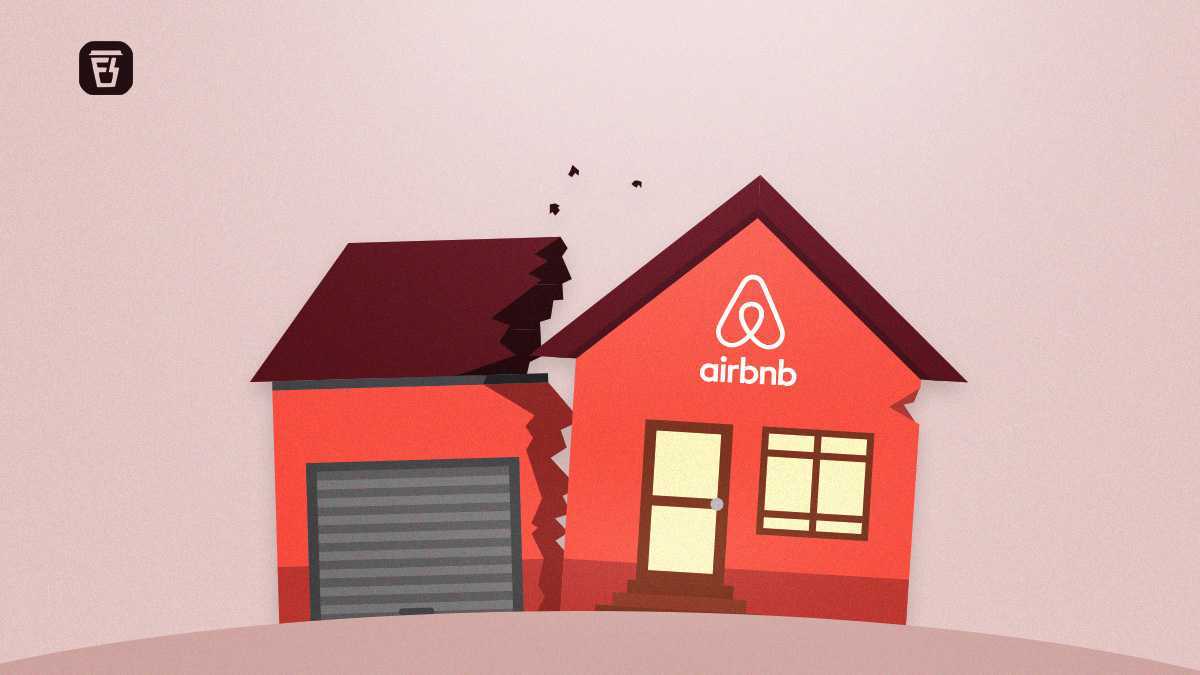Airbnb has revolutionized the way people travel and make money, offering an opportunity for homeowners to profit by renting out their extra space. However, in recent years, the ban on Airbnb in some cities has led to a growing issue. People have begun to find alternative ways to rent out their properties, ushering in a new era of the short-term rental black market.
What is Airbnb?
Airbnb, a platform that started as a way to connect travelers with affordable accommodations, has transformed into a global phenomenon. It allows individuals to rent out their homes or spare rooms to travelers, offering a unique and often cost-effective lodging option. However, its success has also sparked legal challenges and regulatory crackdowns in various cities.
The Airbnb Crackdown:
New York City, one of the first cities to crack down on short-term rentals, has seen a dramatic reduction in Airbnb listings. As of early September, new legislation severely restricted short term rentals, causing the number of listings to plummet by over 80%. While only 417 properties have been registered with the city, many more continue to operate under the radar.
The Black Market Emerges:
The crackdown on Airbnb has given rise to a “black market” for short term rentals. This unregulated network of rentals is emerging on various platforms and social media, where hosts and guests can connect without the restrictions and oversight of Airbnb. Lisa Grossman, a spokesperson for Restore Homeowner Autonomy and Rights (RHOAR), notes that people are “going underground” in search of alternative solutions.
Alternative Platforms:
People in New York City are turning to platforms like Craigslist, Facebook, and Houfy to bypass the Airbnb restrictions. These platforms allow users to find accommodations or guests without adhering to the stringent regulations imposed by Airbnb. However, this shift has raised concerns about safety and security, as off platform rentals lack the protections offered by major companies like Airbnb.
Smaller Landlords’ Struggle:
The crackdown in New York has not only affected major operators but also smaller landlords who relied on short term rentals for supplemental income. These hosts are now pushing for changes in the legislation to allow them to legally rent out their units. RHOAR, representing small scale homeowners, is working to make their voices heard and achieve a more balanced regulatory framework.
Houfy: An Airbnb Alternative:
Houfy, a platform similar to Airbnb, has gained attention as an alternative. It allows guests to book directly with hosts, circumventing Airbnb’s fees. However, like other platforms, Houfy must adapt to local regulations to operate legally in cities like New York.
Airbnb’s Response:
In response to the regulatory changes, Airbnb is shifting its focus away from New York City, once its largest market. The company is exploring new avenues such as longer rentals, car rentals, and dining pop-ups. Airbnb CEO Brian Chesky acknowledged that New York’s approach is now seen as a “cautionary tale.”
All in All, The rise of the short-term rental black market in the aftermath of the Airbnb crackdown in New York City showcases the resilience of the sharing economy. While regulations seek to bring order to the short-term rental industry, people continue to find innovative ways to connect travelers with accommodations and make extra income. The future of short-term rentals remains uncertain, but one thing is clear: the desire for flexibility, affordability, and unique travel experiences continues to drive the industry’s evolution.

